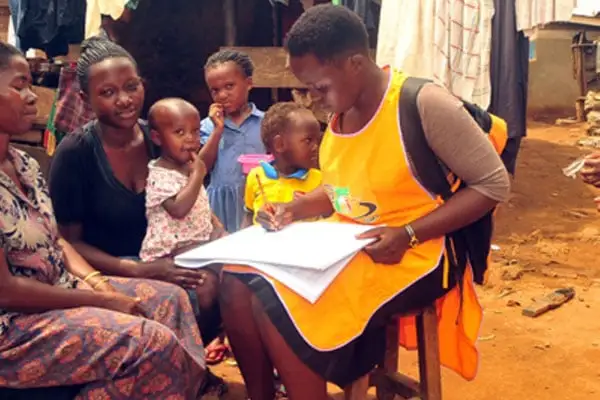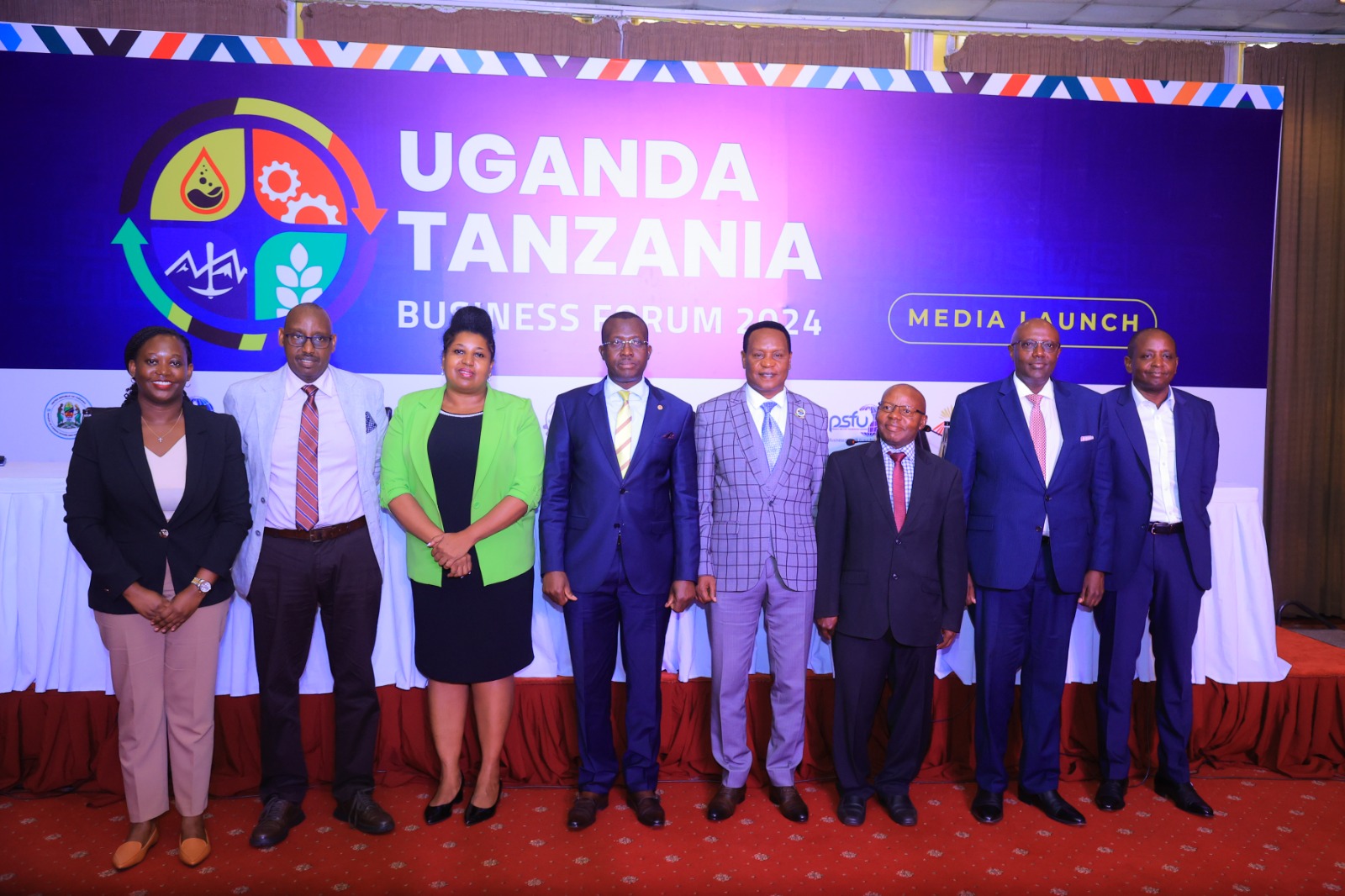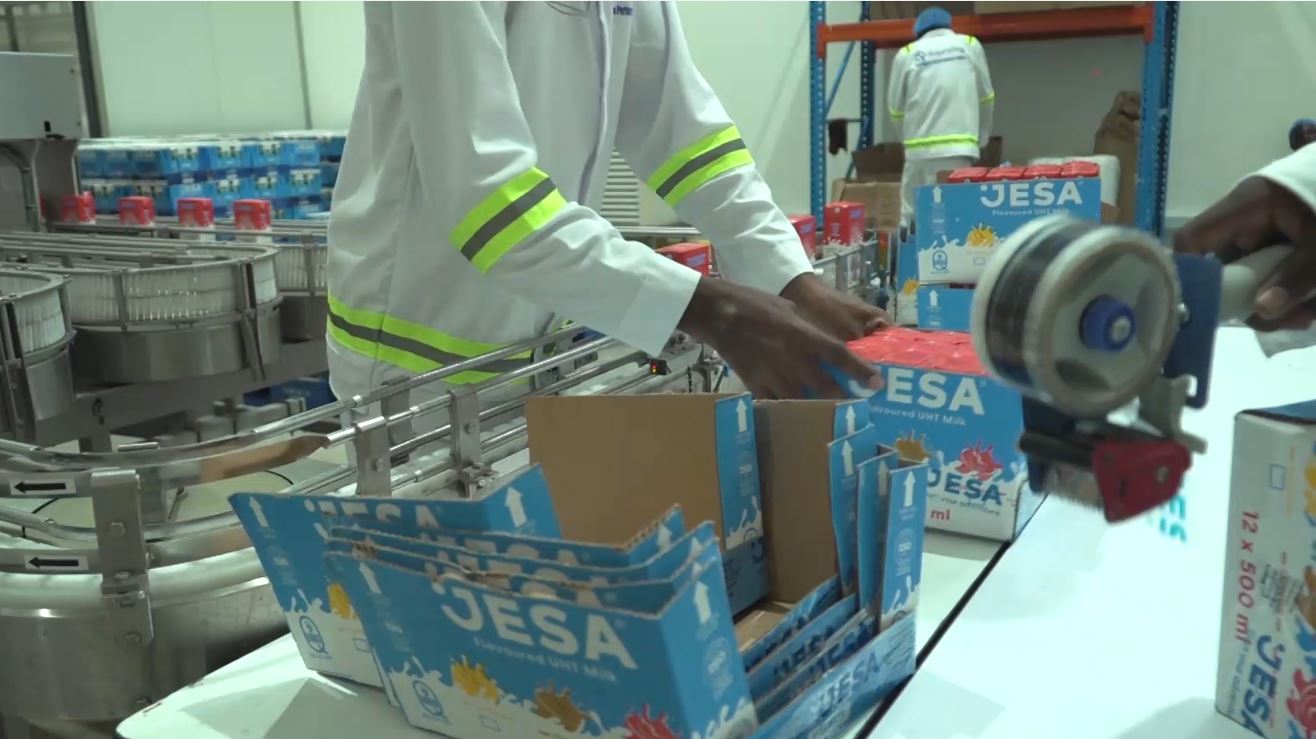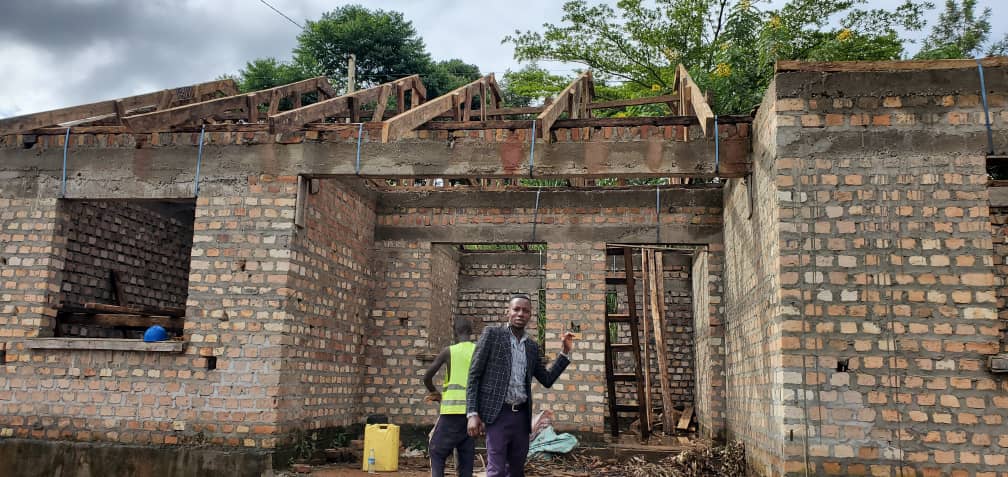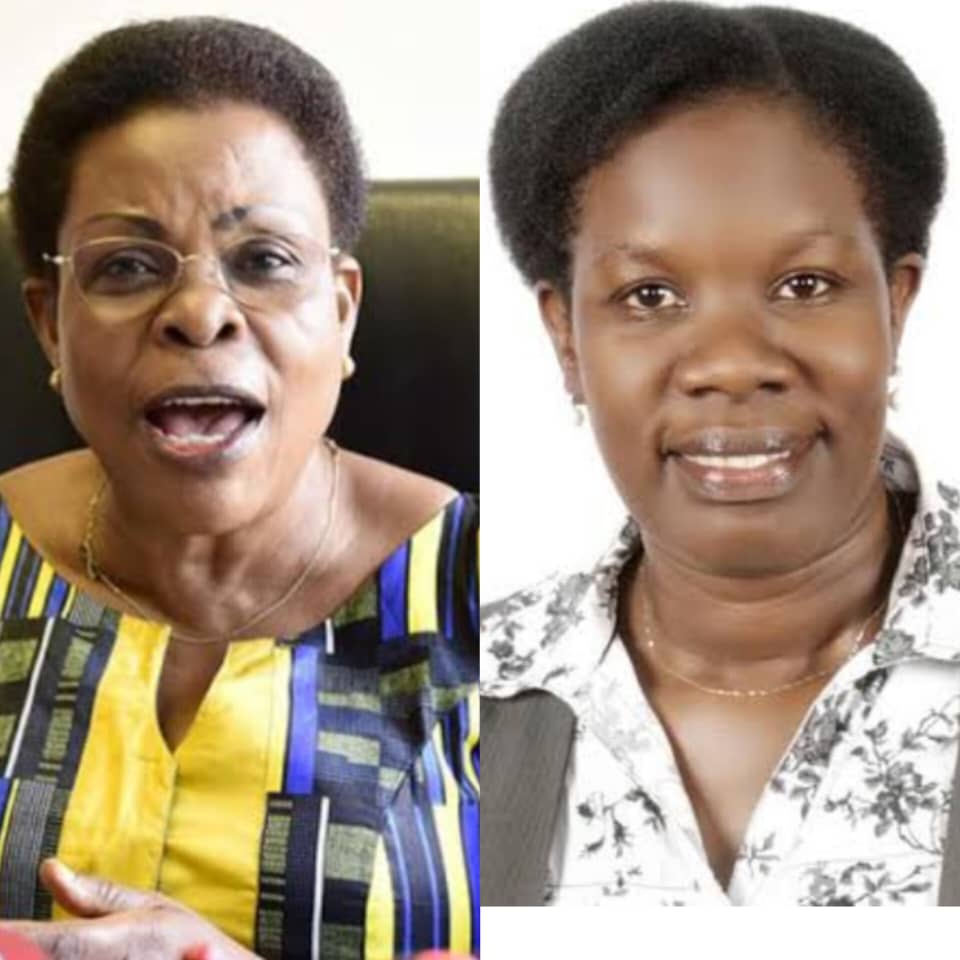Kabale farmers say frustrated with climate
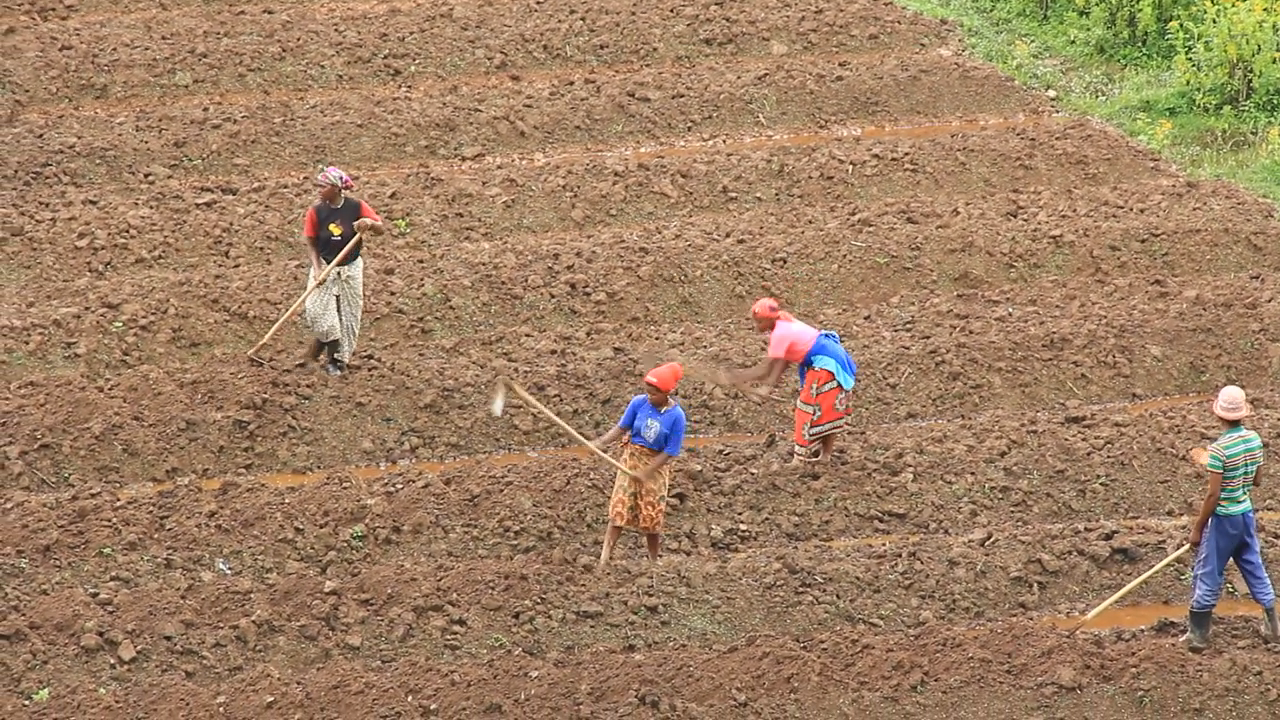
Farmers and local leaders in Ryakarimira Town Council in Kabale District have expressed concerns over the impact of climate change on their agricultural activities.
These apprehensions were voiced during a stakeholders' meeting for the Common Ground project held at Ryakarimira Sub-county headquarters.
The Common Ground project, a collaboration between Integrated Seed and Sector Development Uganda (ISSD) and Wageningen Environmental Research, is currently in progress with funding from the Embassy of the Kingdom of Netherlands in Kampala.
Its primary aim is to reshape the mindset of farmers in the Kigezi Subregion.
Livingstone Mwerinde, a farmer, and March Boaz, the Ryakarimira Town Council representative in the district council, shared their concerns about the recent losses experienced by farmers due to the effects of climatic change.
The duo expressed worries about the future of their farming ventures in light of these challenges.
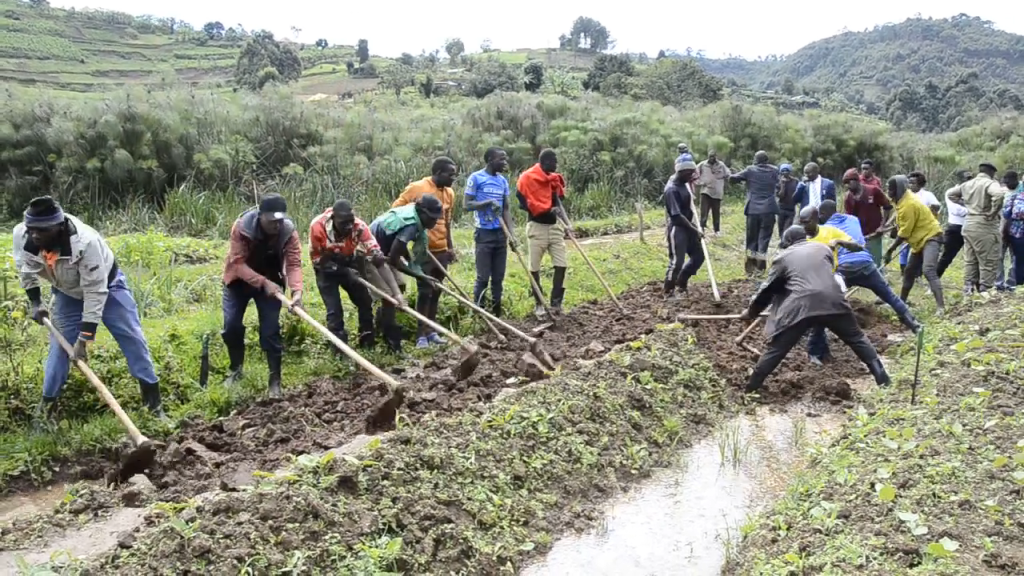
Boaz acknowledged that efforts have been made to implement strategies aimed at mitigating the effect of climatic changes.
“The results of these efforts have not yet yielded substantial benefits. Boaz noted.
In response to these concerns, Justine Onyinge, a Watershed Natural Resource Management expert associated with the Common Ground project, urged farmers to adopt climate-resilient approaches and implement smart agricultural practices to minimize the adverse effects of climate change on their gardens.
Onyinge also emphasized the importance of leaders ensuring that the people they represent embrace initiatives aimed at transforming their lives, aligning with the broader goals of the Common Ground project.
Uganda, categorized as one of the countries at the greatest risk from climate change and among the least prepared, faces heightened vulnerability in its agricultural sector.
Agriculturalists argue that the country's crop production is particularly exposed to climatic variability compared to its neighbours in the Eastern African region.
This vulnerability is attributed to a significant reliance on rain-fed cultivation, with staple crops such as Matooke (plantains), cassava, sorghum, and over 90 percent of maize production lacking irrigation and thus being susceptible to climatic changes.





